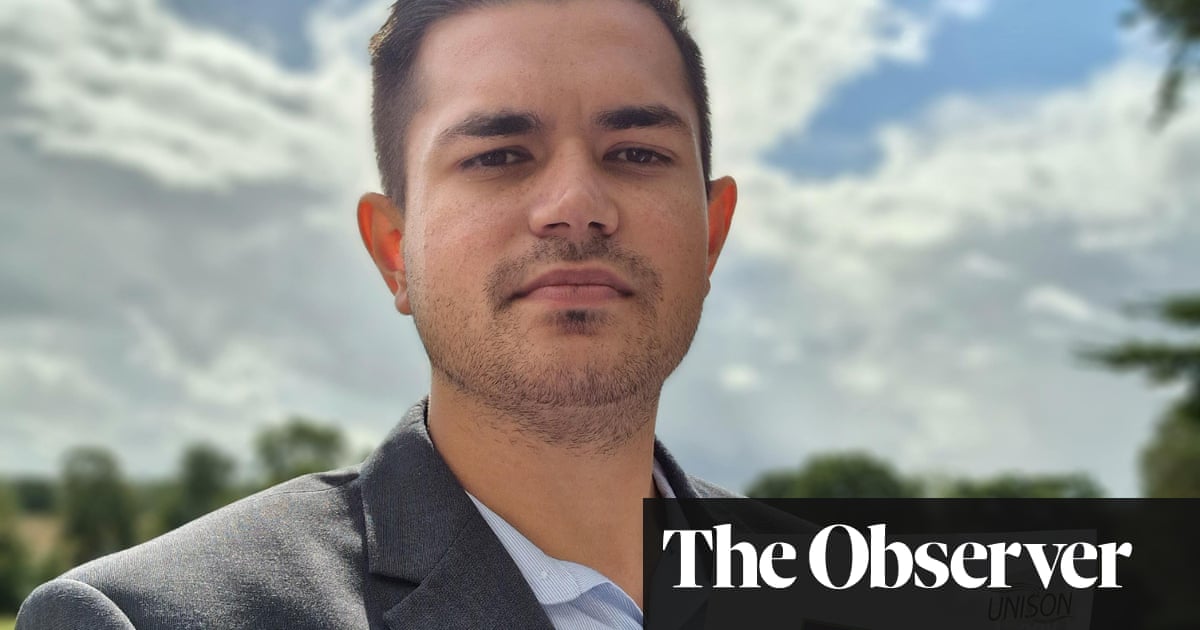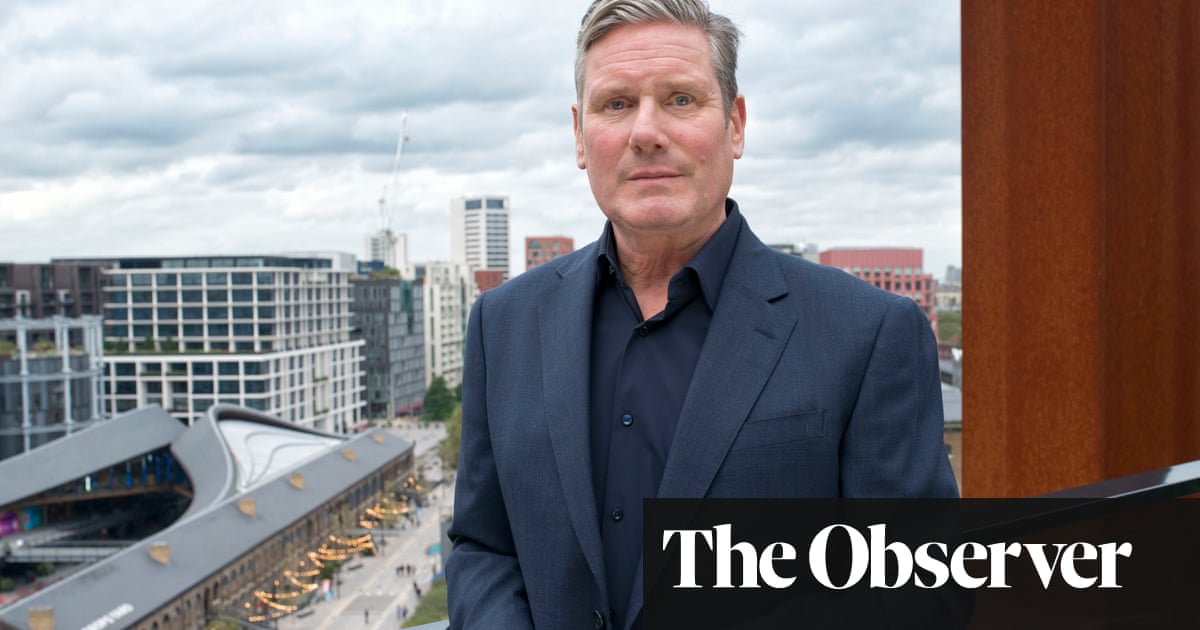
When it comes to persuading vaccine-hesitant NHS staff to roll up their sleeves and get jabbed, it is important to remember the context within which vaccine hesitancy exists. The population of England has a rich diversity of cultures, ethnicities and religions, but there are stark socioeconomic inequalities between these groups that translate into health inequalities.
In Birmingham and Solihull, a very diverse area for which I am chair of the mental health trust, there is a nine-year gap in life expectancy between people born in those born in the richest and poorest areas. When it comes to healthy life expectancy – the number of years a person spends in good health – there is a 17-year gap between people in these areas. We also know from research into the impact of Covid on BAME groups that these inequalities have contributed to fear, stigma and distrust of the vaccine in some communities.
Staff in the NHS come from these communities. And so the approach we have taken with our staff mirrors what we have done in the wider population, which is building trust in the vaccine programme that is culturally appropriate.
In Birmingham and Solihull, we found that areas with low staff vaccination rates correlated to low response rates in the NHS staff survey. This, for me, emphasised the correlation between how engaged a member of staff was with the NHS and their confidence in the vaccine. From our side, giving our staff a safe space to talk about their concerns has been vital in improving vaccine uptake among workers.
We have been working across the NHS, local authority and voluntary and community organisations. That includes helping faith leaders and organisations such as the Birmingham Central Mosque and the Council of Black Led Churches to distribute materials that are accessible for their audiences. Having this information come from community leaders that people know and trust locally helps ease the fears of those who are vaccine hesitant.
The dialogue has to be two-way: the feedback we get from communities helps us shape the messages so they address the questions that people from different cultures might have. In Coventry and Warwickshire, for example, we put on weekly sessions with different faith groups featuring bilingual clinicians and public health representatives, adopting an “ask us anything” approach. This helped people feel that their concerns were being taken seriously, especially when they had time to ask questions through the multiple sessions we put on. We took the time to help allay their fears.
We have tried to showcase a diverse range of staff on our internal communications. For example, an interview with one local nurse, who says of the vaccine: “I really didn’t want it. I had heard so many negative stories especially about the effect it would have on me and my fellow black peers. Well, it’s not true. I have had it and I am feeling fine. It’s my passport to freedom.” Such communications aim to deal with the facts about the illness, work through the myths and appeal to people’s bigger picture, “to protect yourself, your family and those you care for”.
As we pass 50 million people vaccinated in the UK, we are seeing many of those who were initially nervous about the effects of the vaccine come forward, but there is still a long way to go.
The NHS People Plan, published in 2020, sharpened the focus on looking after the health and wellbeing of our staff, tackling workplace discrimination and encouraging a culture of belonging and trust. We want to keep staff with a hugely diverse range of experience working for the NHS, and use their skills to help us tackle health inequalities in the wider population.
However, the proportion of people who are fully vaccinated within particular population groups and also among NHS staff is still lower than we would like. As the vaccine becomes mandatory for NHS staff in the coming months, we will keep working to get it done, with a tailored approach that is inclusive of all of our colleagues. We will keep talking, we will keep trying to save lives.
Danielle Oum is the co-chair of the NHS Confederation’s BME Leadership Network and chair of Birmingham and Solihull Mental Health NHS Foundation Trust












